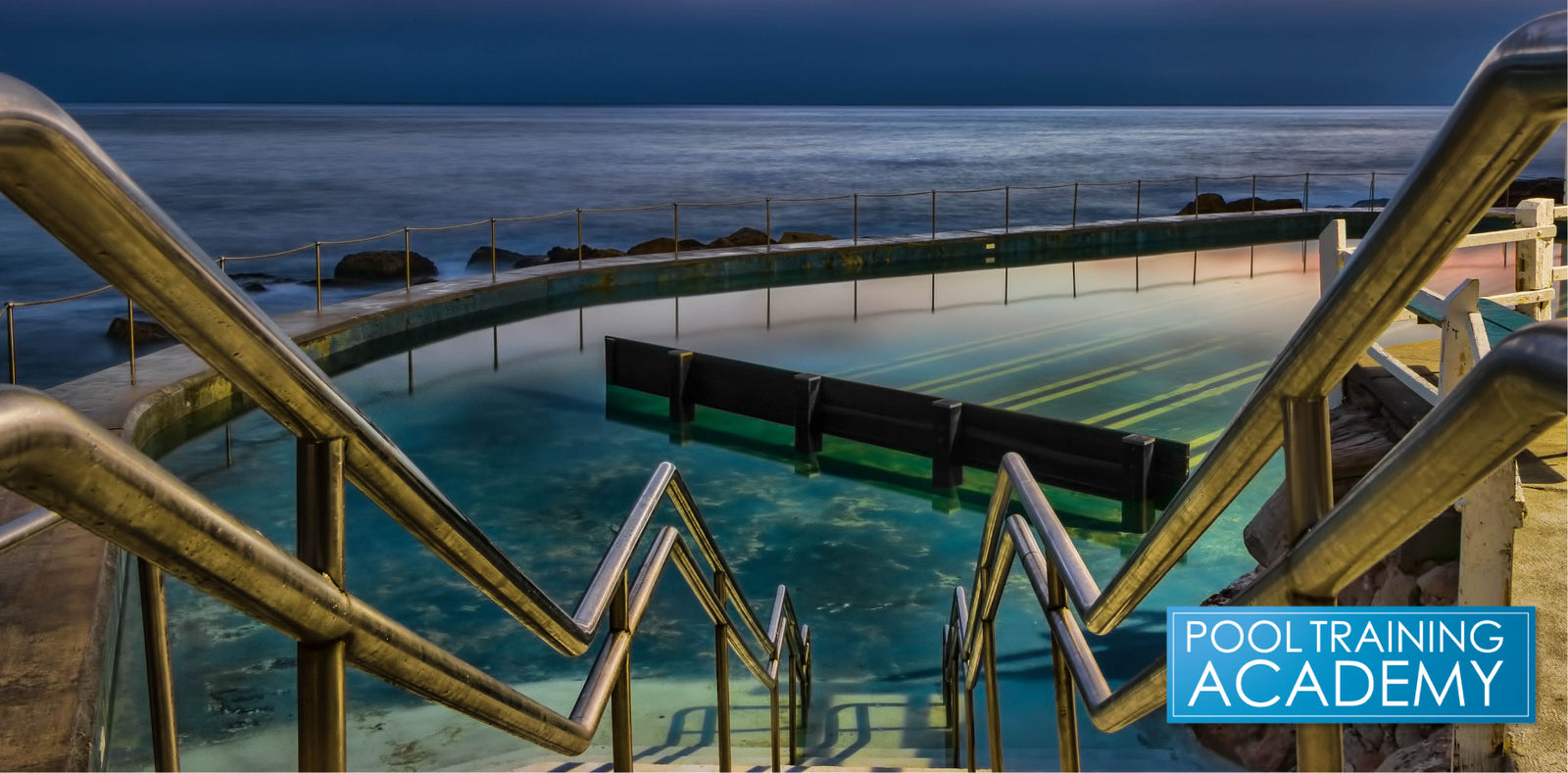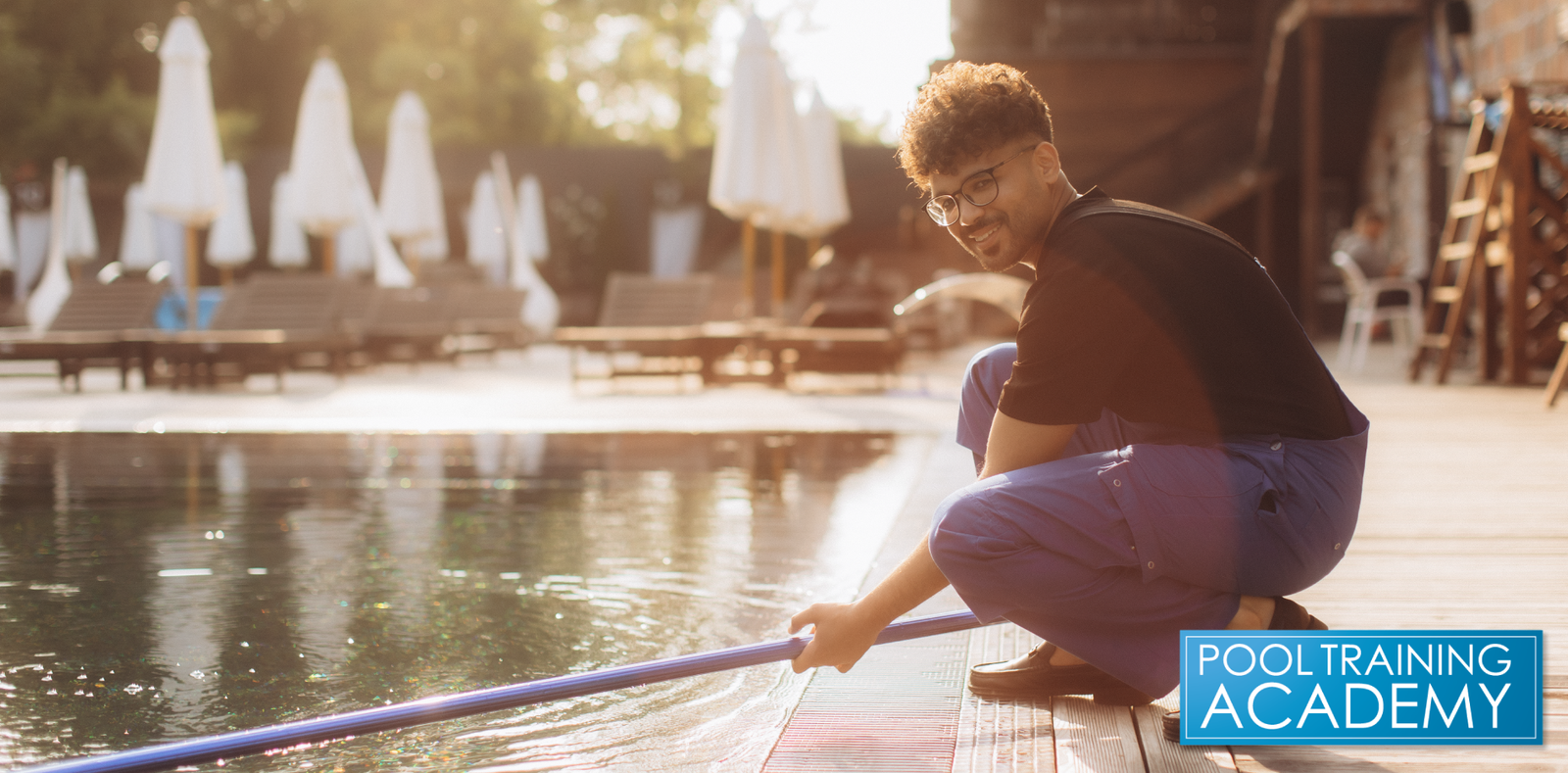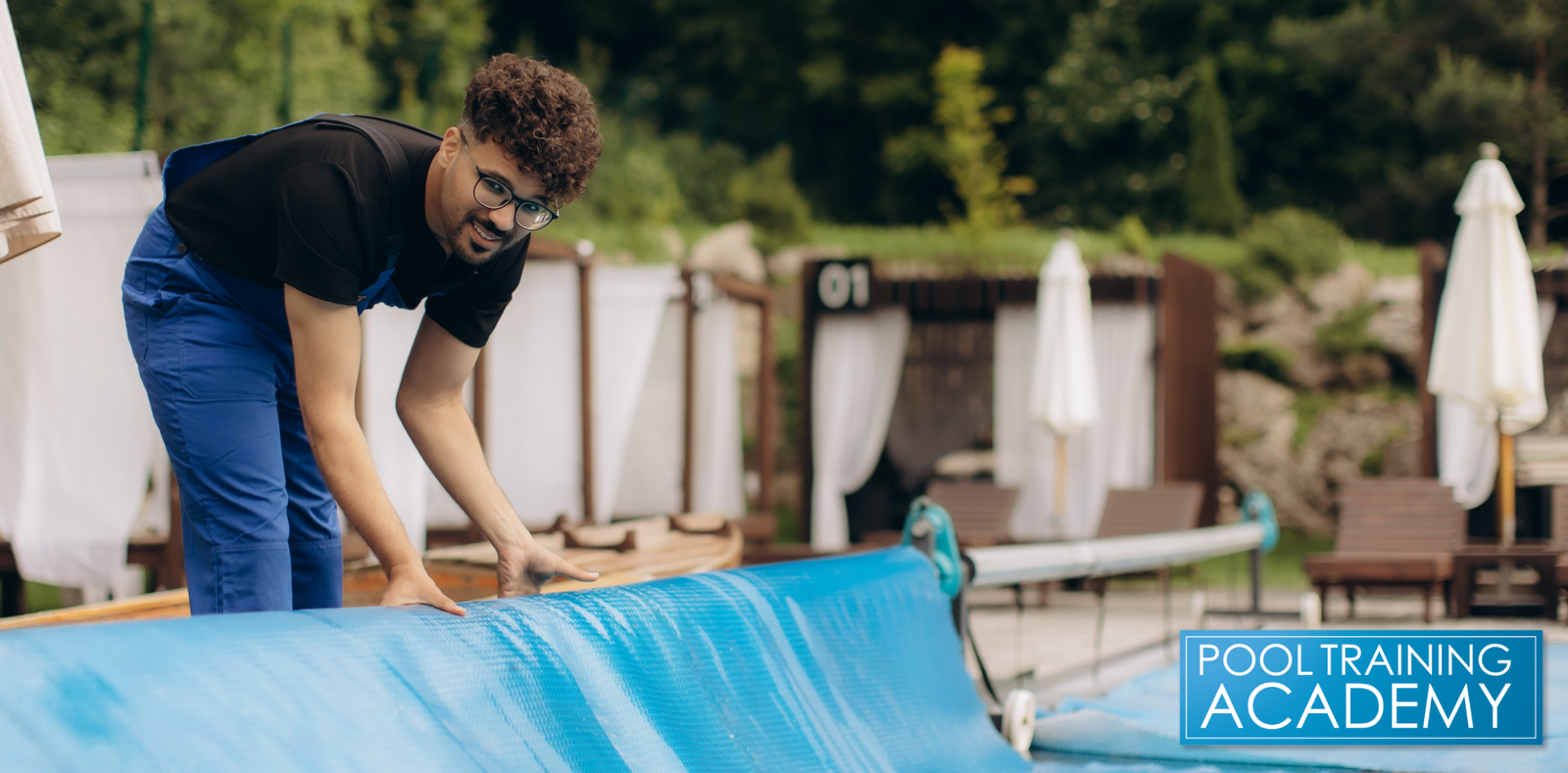
Should I Brush My Pool?
Your dentist always talks about the value of brushing at least twice a day, but when was the last time your pool professional talked to you about the merits of brushing your pool? Believe it or not, brushing your pool is just important to the health of your pool as brushing your teeth. In this article we will cover the benefits of brushing, the best equipment for the job, good brushing habits, and finally, the consequences of not brushing.
What Does Brushing My Pool Do?
Let’s be honest, many of us rarely, if ever, brush our pools. It is tedious, exhausting, and difficult to see where you brushed since you can’t see any difference between a brushed portion and a non-brushed portion. This lack of fulfillment from brushing tends to discourage us from continuing to brush. We figure that our time is best used doing something else, something we see is making a difference.
But believe it or not, brushing your swimming pool is crucial not only to the health of your pool, but also to the health of your swimmers! Brushing your pool is beneficial in many ways.
- Keeps surfaces clean and tidy
- Prevents Algae from adhering to your surfaces
- Prevents Biofilm from building up on surfaces
- Further blends your disinfectant into the deeper and un-circulated areas of your pool
Let’s explore each of these factors and why brushing is so important to the overall health and wellbeing of your swimming pool.
Does Brushing My Pool Keep It Clean?
The short answer is yes, brushing your walls and floor will indeed keep your pool cleaner. Kicking the debris off the walls and floor of the pool causes the debris to move more toward the bottom suction line as well as the skimmers. This water will then move into the circulation system and be caught inside your filter media. So, not only does it make the pool LOOK cleaner it will actually BE cleaner.
Can Brushing My Pool Prevent Algae?
Brushing the walls and floor of your pool will indeed prevent algae buildup because it prevents those algae spores from attaching to the surface and beginning to grow in the first place. It is always good to remember with algae that it is better to prevent it than to treat it.
Can Brushing My Pool Remove Algae?
It is also important to know that brushing an algae spot will also be one of the #1 things that helps in combatting the algae stain. Use of Algaecide can be beneficial, but if that stain has adhered to the surfaces, then brushing that stain is the best way to get rid of the stain.
How Do I Prevent Biofilm From Growing In My Pool?
Again, the answer to preventing biofilm is through regular brushing of the pool walls and floor. Biofilm can take the form of scum line, but it can also create a film over the entirety of your pool that can be very, very difficult to get rid of. So making sure that you are regularly brushing the walls and floor of your pool is crucial in preventing the growth of this very pesky pool guest.
Blending My Chlorine Through Brushing My Pool
Brushing your pool walls and floor also aids in the overall health of your pool water. When you brush your pool walls and floor, it churns up the water, thus your disinfectant gets distributed more effectively throughout the pool. It is common knowledge that our return lines, the eyeballs on the side of the pool that inject freshly heated and disinfected water back into the pool, are not great at delivering chlorine throughout your pool. But brushing your pool wall and floors will pick up where your return lines have dropped the ball.
What Kind Of Brush Should I Use To Brush My Pool?
Now that we have established the importance behind brushing the pool it is important to know what kind of equipment should be used to get the job done. Pool Training Academy recommends that you carry 2 different kinds of brushes at your property: a nylon bristled brush and a steel bristled brush.
Nylon Bristled Brush
A nylon bristled brush is used for everyday brushing and cleaning needs. The nylon bristles are rigid enough for daily brushing, but gentle enough to prevent surface issues.
Steel Bristled Brush
A steel bristled brush is used to attack tough stains like algae and mineral content. This brush is extremely abrasive and difficult to push along the surface of the pool, so it will really only be used to target trouble spots in your pool.
Please also note that operators of vinyl or fiberglass pools should not use steel bristled brushes as they can damage the surface materials in the pool.
How Often Should I Brush My Pool?
It is important to brush you pool daily. This can be time consuming so if necessary, alternate two walls one day, the other two the next day, and the floor the next day. This way, your whole pool is getting brushed almost two full times per week. By alternating like this, you will see a huge improvement in your pools cleanliness and clarity.
How Do I Learn More About Operating My Pool And Spa?
Brushing your pool is only one of the many pieces of the puzzle to operating a healthy and safe pool. In order to be more informed on how to maintain a healthy and safe swimming pool and spa it is highly recommended that you enroll in one of Pool Training Academy's Certified Pool Operator® Classes. Here, you will learn from the highly qualified instructors about how to properly maintain a healthy pool and spa. From Denver, Colorado to Phoenix, Arizona, Kansas City, Missouri to Los Angeles California, Pool Training Academy is the trusted source in education for all pool professionals. CLICK HERE to sign up for one our award-winning courses.




Leave a comment (all fields required)